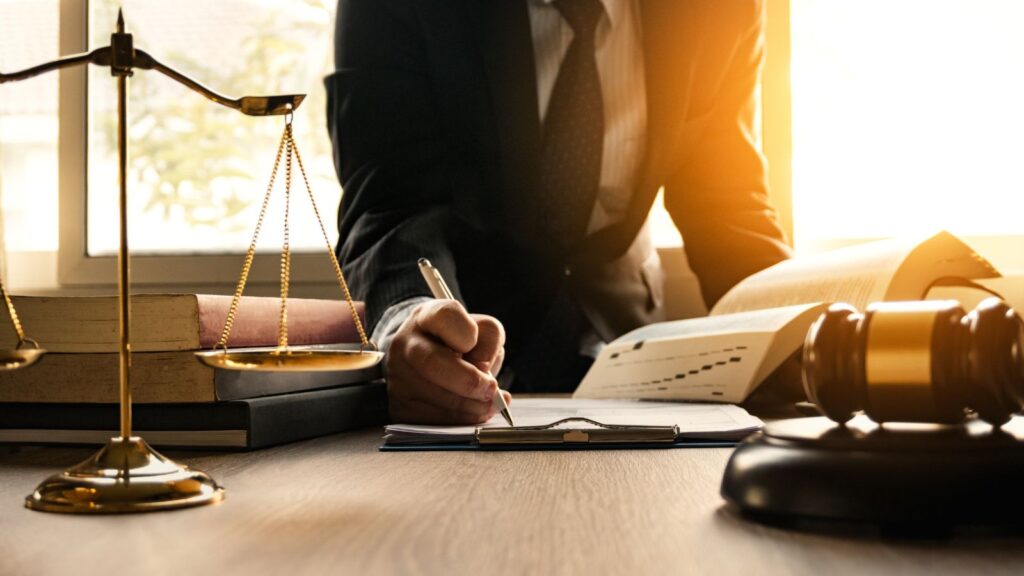Being a part of the British monarchy comes with a unique set of privileges and exceptions that set royals apart from ordinary citizens. These exceptions aren’t just about fancy titles and grand ceremonies; they extend into various aspects of the law and everyday life. Here’s a look at 18 ways the British royals live by their own set of rules.
No Driving Licence Required
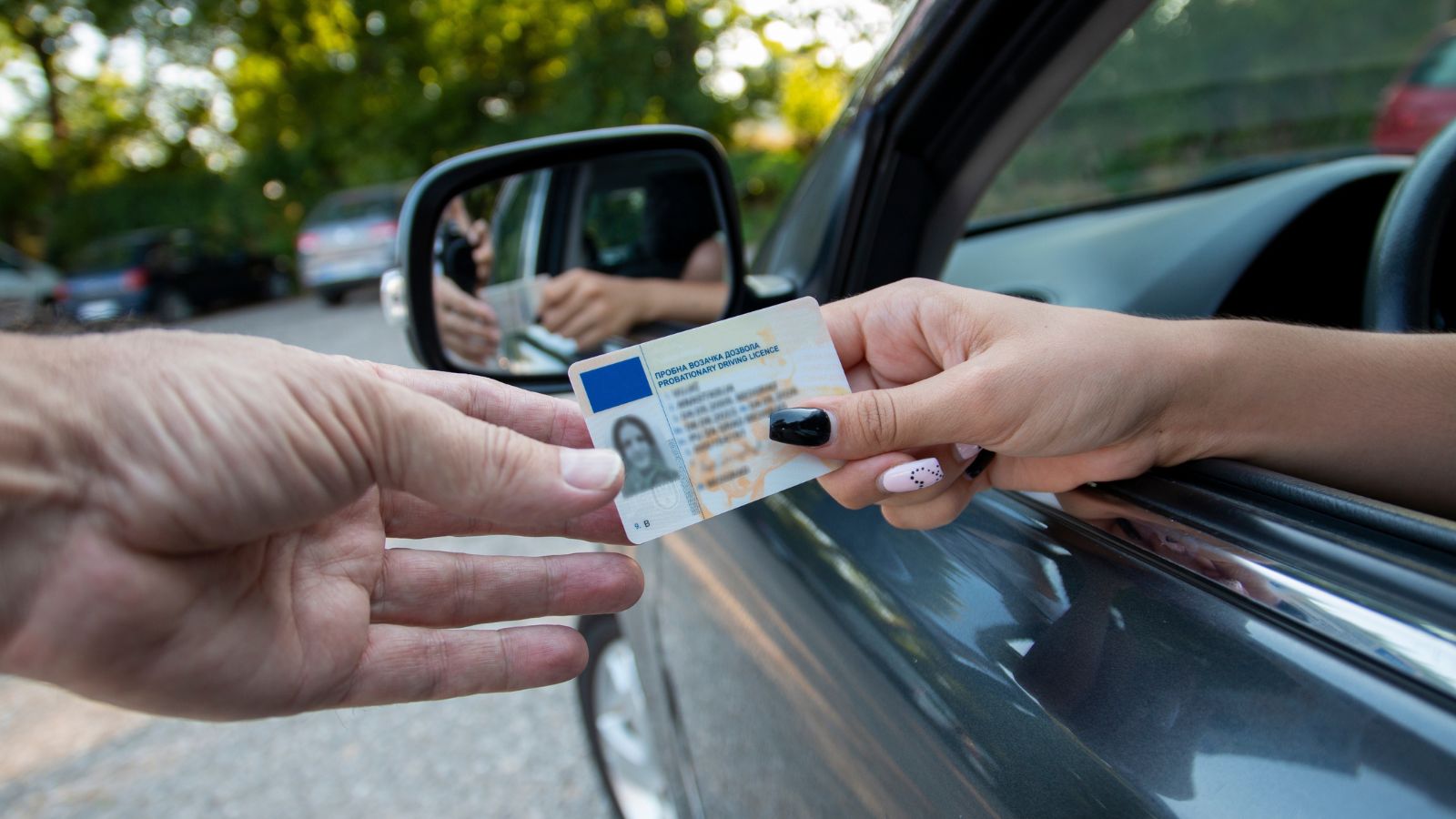
Unlike the rest of us, the monarch or the Royal Family doesn’t need a driving licence to get behind the wheel—“although many choose to obtain one for practical reasons,” says the Express. Queen Elizabeth II famously drove without one, as the law does not require the reigning sovereign to hold a licence or display number plates on their state cars.
Passport-Free Travel
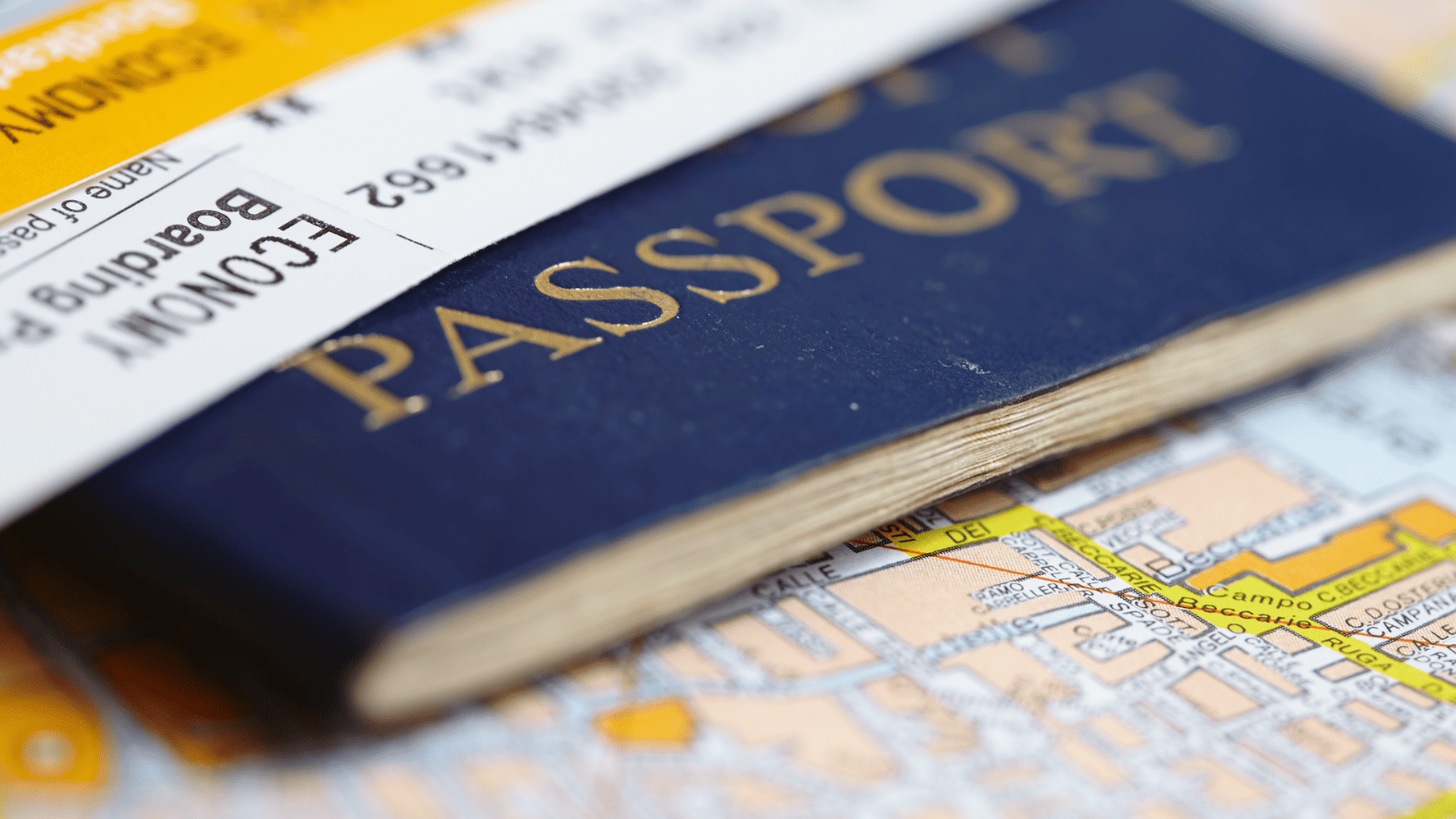
While most people prepare their passports for international travel, the monarch can skip this step altogether. The queen did not need a passport for overseas trips because all British passports are issued in her name, and now the king has the same. It’s a practical exemption that symbolises the unique status of the head of state.
Exemption from Prosecution
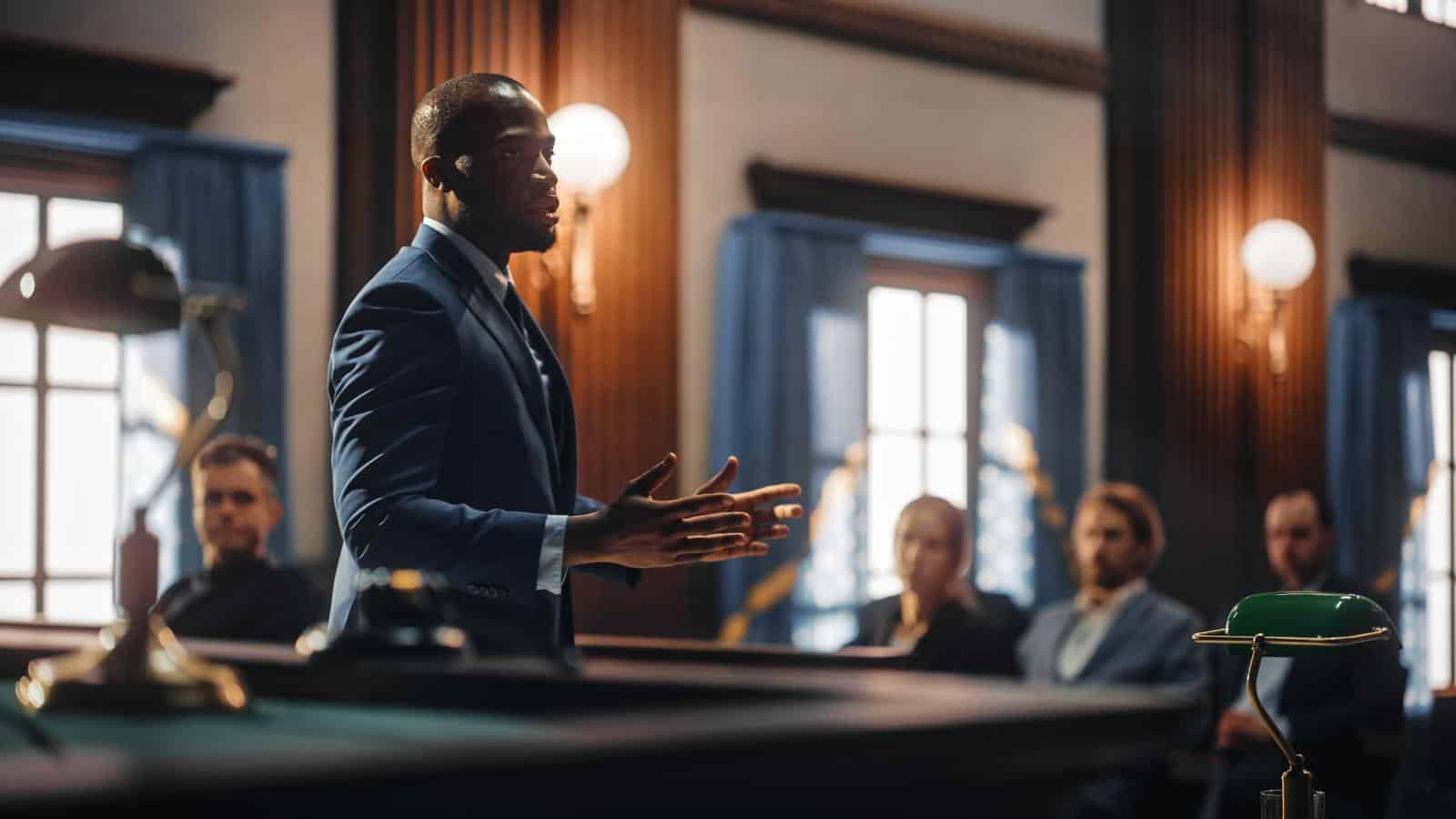
One of the monarch’s most significant legal privileges is immunity from prosecution, which means the king could not be prosecuted under criminal law. This exemption exists to ensure the sovereign can perform their duties without legal hindrances, but it also places immense trust in their integrity.
No Jury Duty
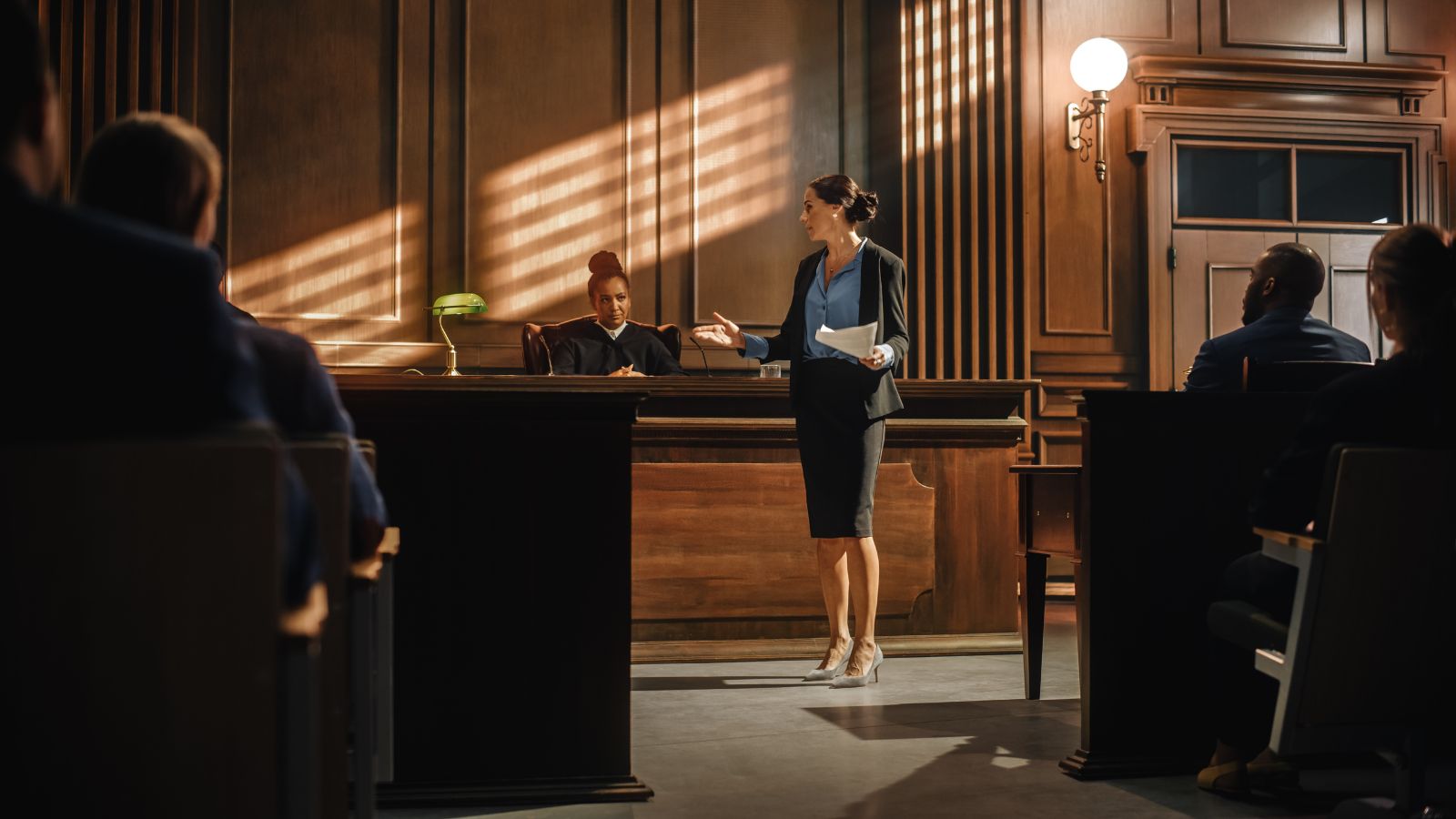
Jury duty is a civic obligation that many people face, but not the monarch. King Charles and his close family members are exempt from being called to serve on a jury, as this rule helps avoid any conflicts of interest or undue influence in legal proceedings.
Tax Exemptions

While the Queen voluntarily paid income tax since 1992, she was not legally required to do so. The monarch is exempt from paying taxes on income, investments, and inheritances. This exemption underscores the unique financial standing of the royal family, though modern monarchs have chosen to contribute voluntarily to set an example.
Unrestricted Animal Ownership
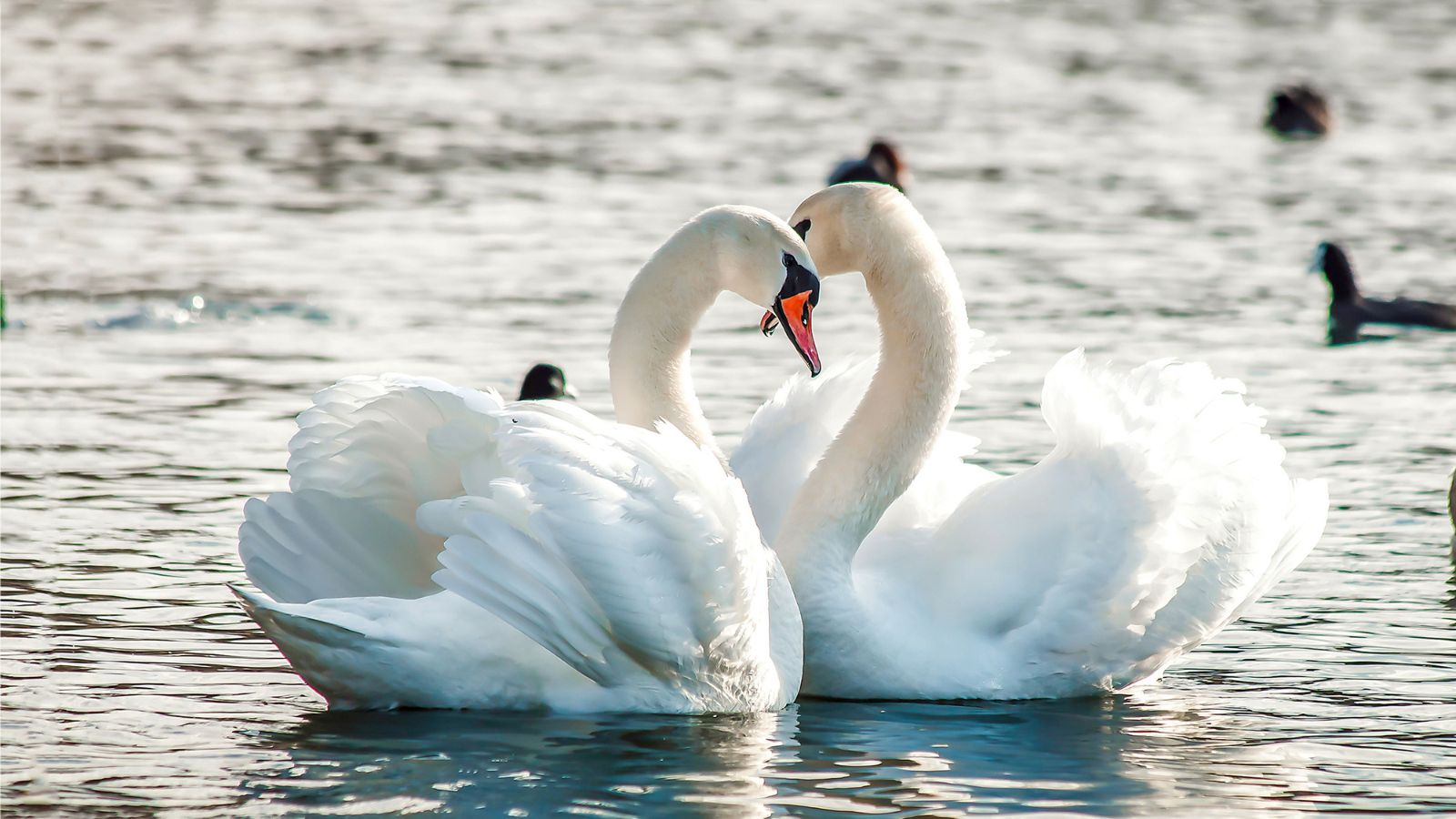
The leader of the Royal Family has the exclusive right to own swans and other wildlife on certain stretches of the Thames. This centuries-old tradition is more than a quaint custom; it’s a legal right that allows the monarch to claim ownership over these animals.
Diplomatic Immunity
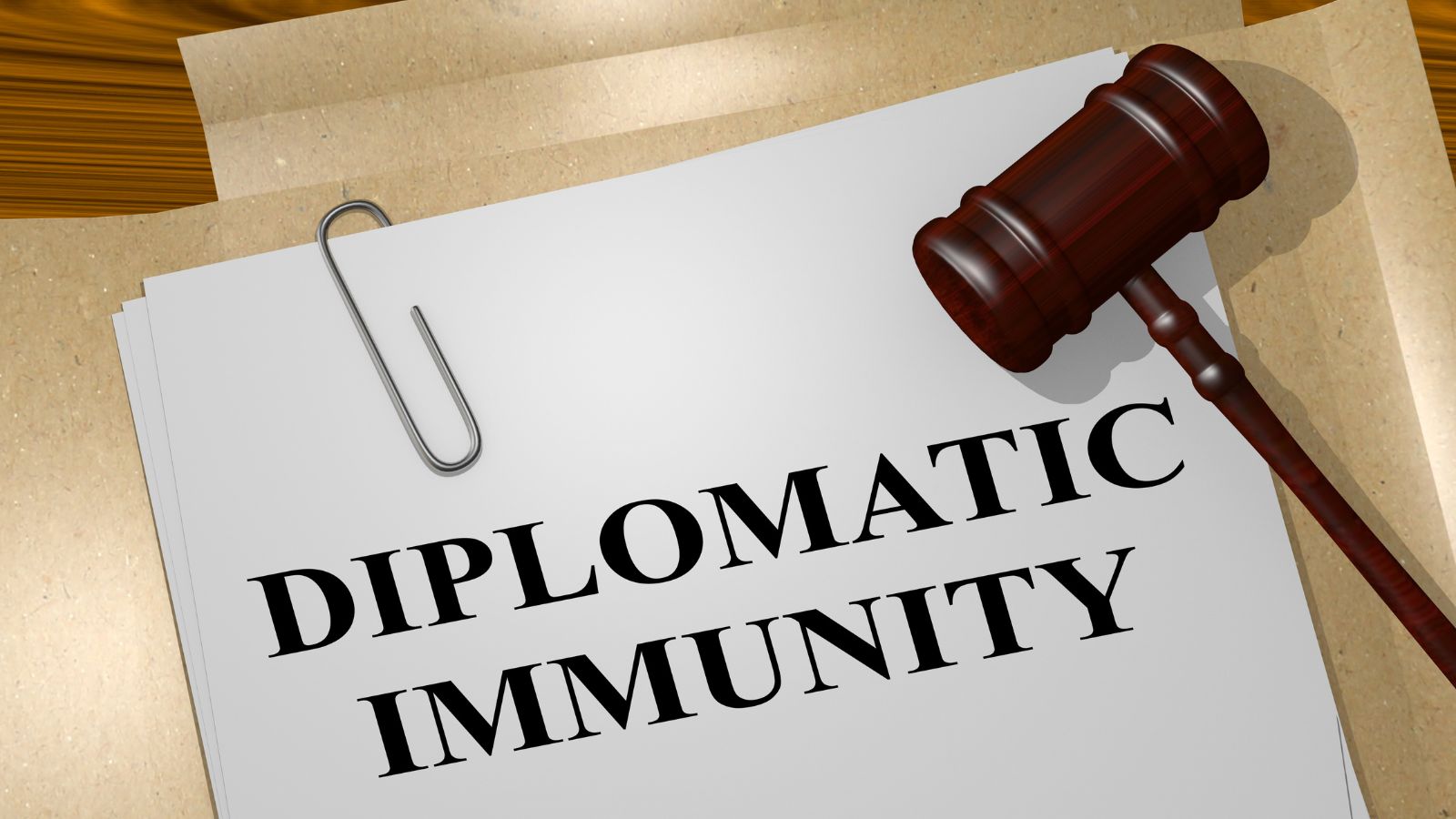
The king and other members of the royal family enjoy diplomatic immunity, too, meaning they cannot be arrested or detained when travelling abroad. This special status ensures their safety and freedom of movement during state visits and international engagements, reinforcing their diplomatic roles.
Exempt from the Freedom of Information Act
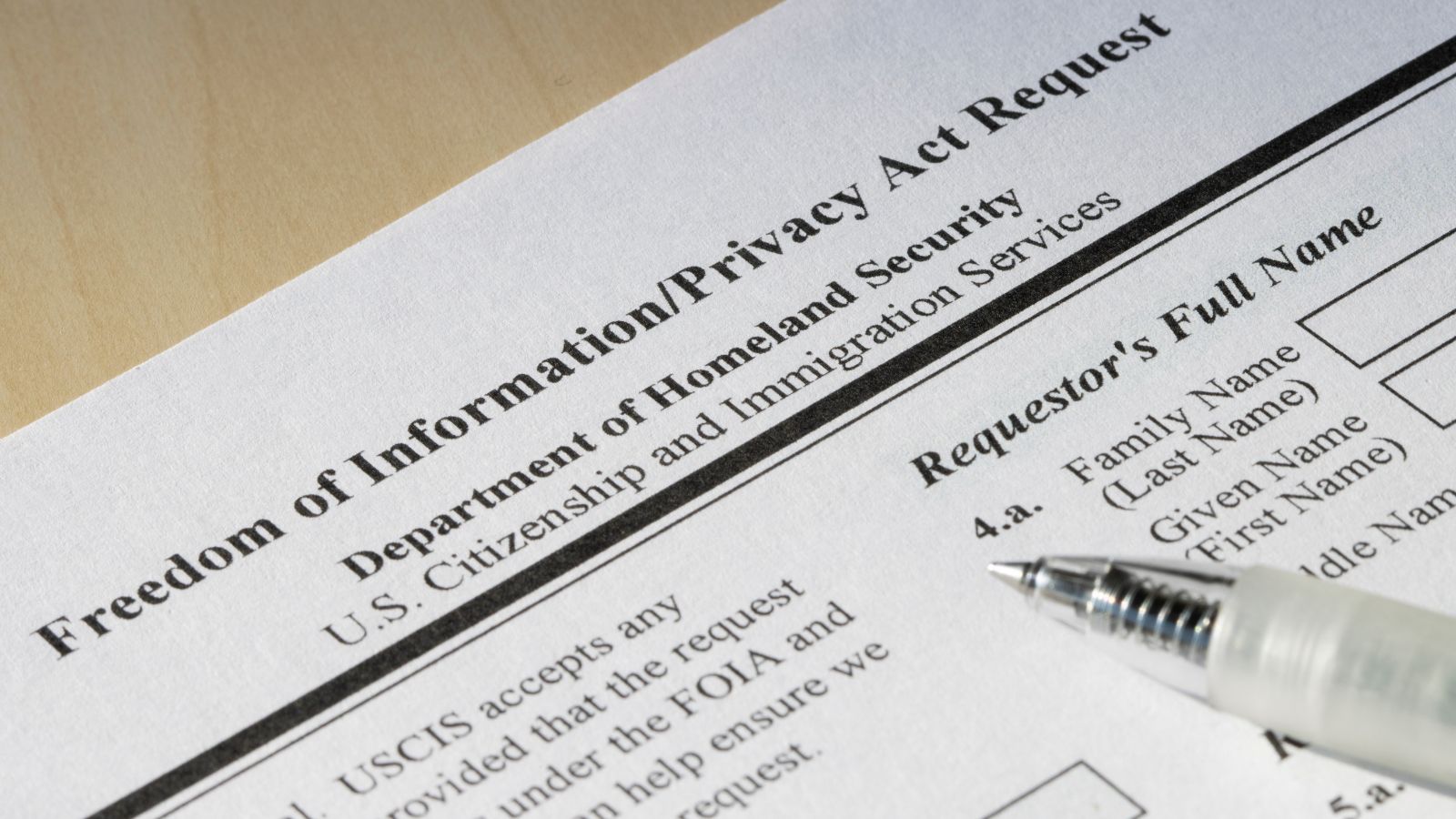
The Freedom of Information Act allows citizens to request information from public bodies but does not apply to the royal family. This means the inner workings of the monarchy can remain private, protecting sensitive information and ensuring the family’s affairs are kept out of the public domain.
No Need for Surnames
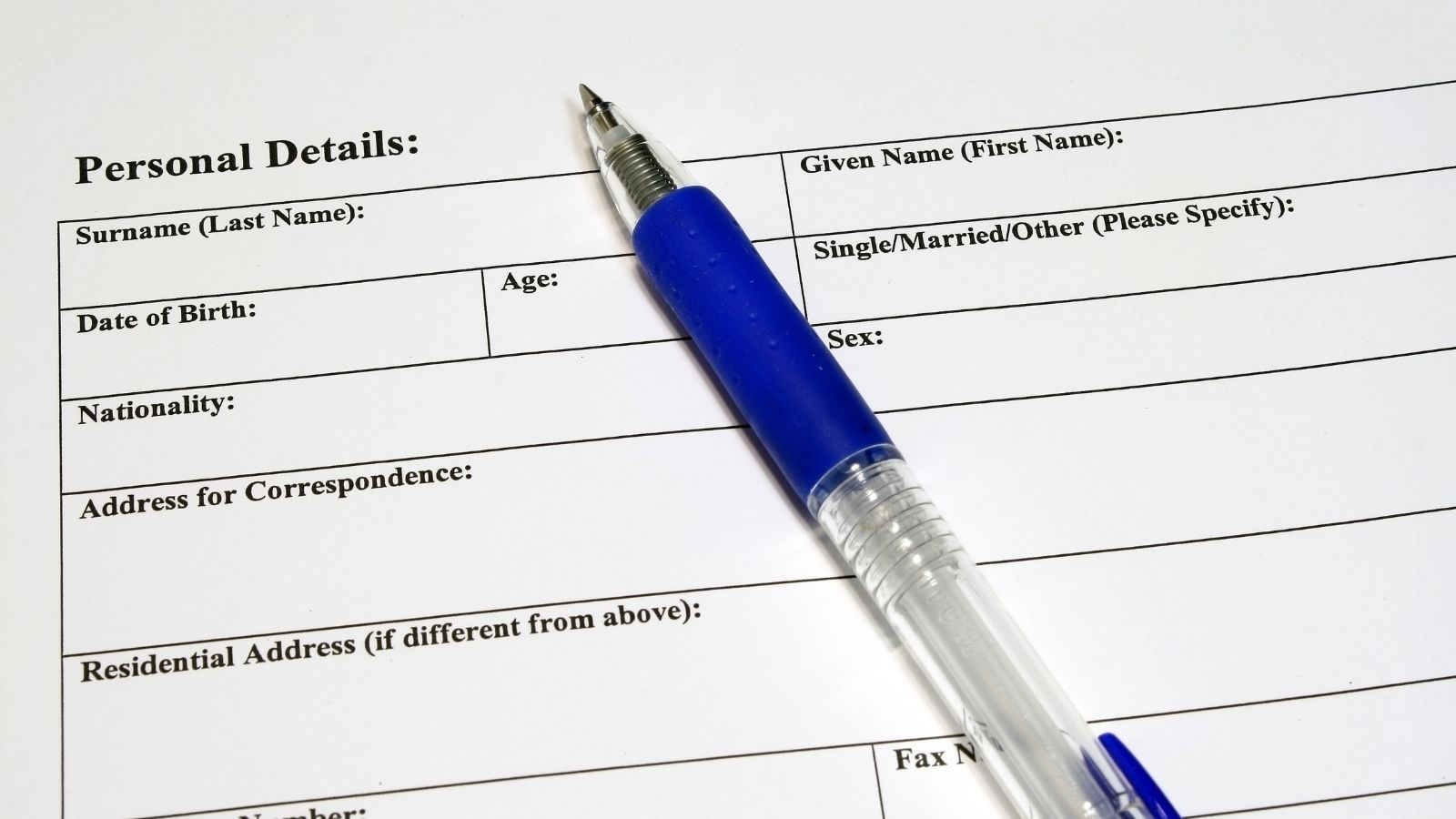
While the royal family does have surnames, they rarely use them. The Queen was known simply as ‘Elizabeth R,’ with the ‘R’ standing for ‘Regina,’ meaning queen. The current king is known as Charles. This lack of a surname emphasises their unique identity and historical lineage, distinguishing them from ordinary citizens.
No Paternity Leave

Members of the royal family are not bound by the same employment laws as other citizens, including paternity leave. While they may take time off for family matters, there’s no legal requirement for the monarch or royal fathers to adhere to statutory paternity leave regulations.
Exemption from Freedom of Movement
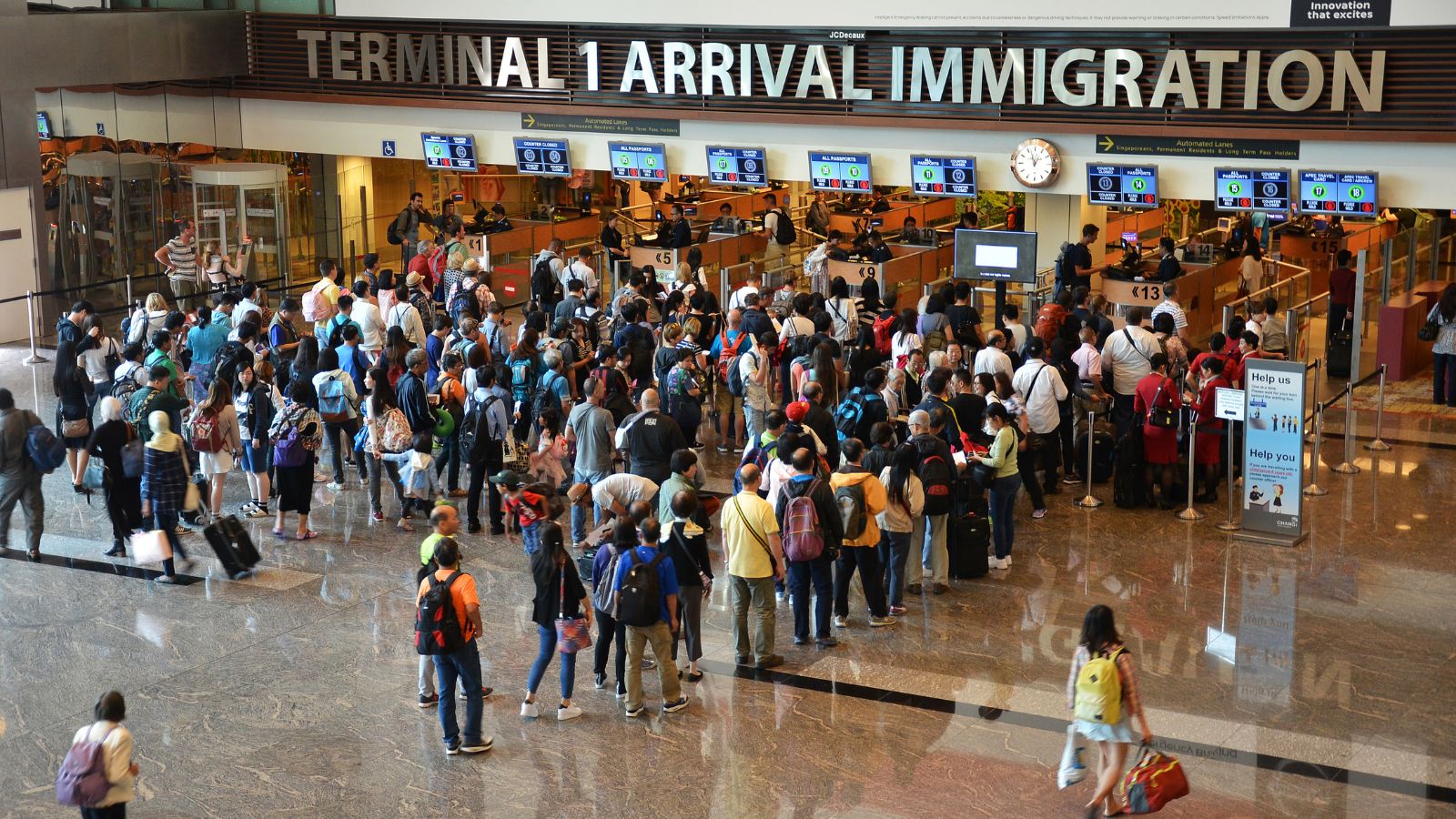
The Royal Family can travel freely without the same restrictions that apply to the general public. They often bypass customs and immigration controls, enjoying a level of freedom of movement that most can only dream of. This privilege ensures their travel arrangements are smooth and secure.
No Voting Rights
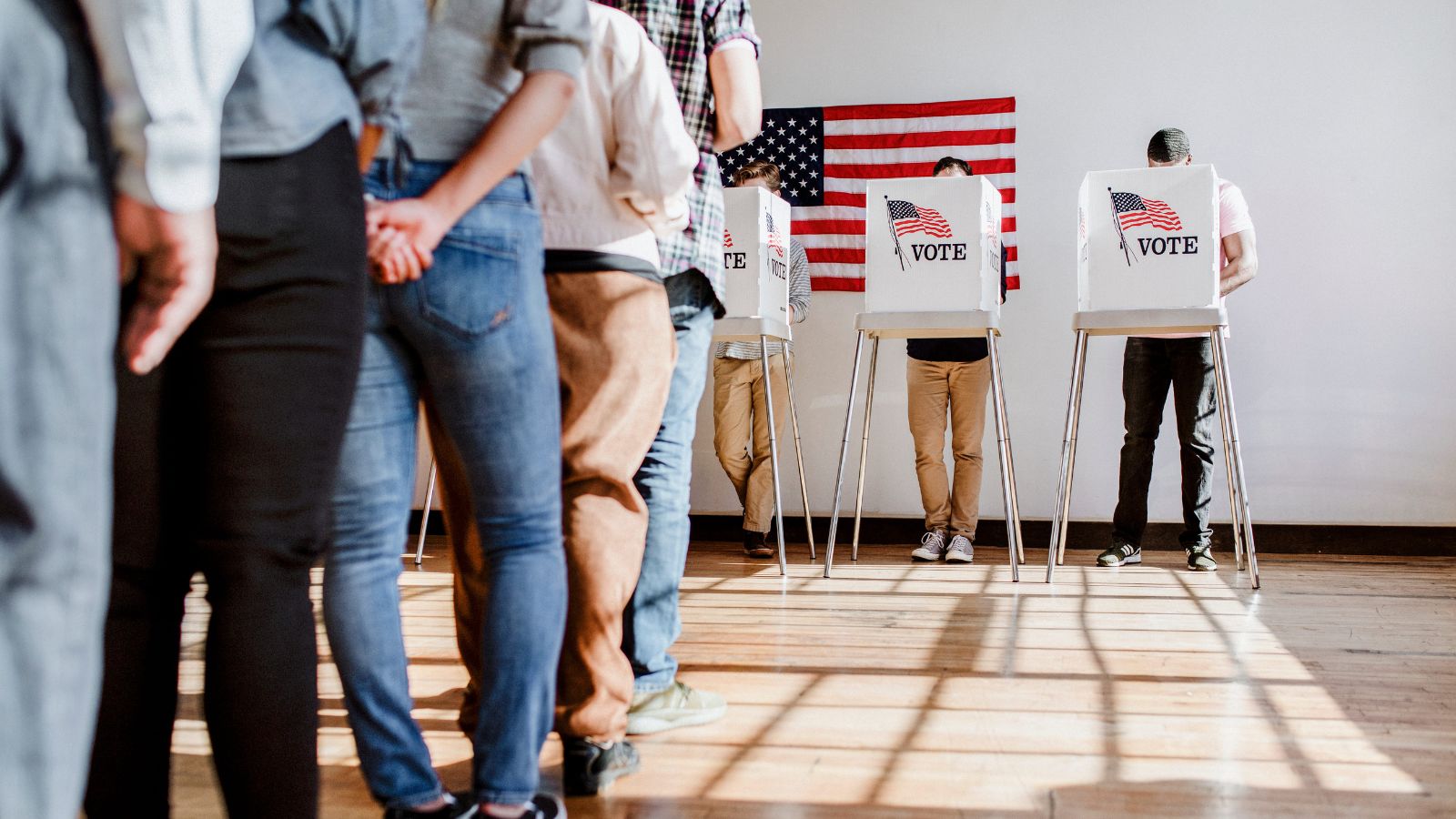
Interestingly, while royals are above many laws, they’re also restricted in some ways. The monarch and immediate family members do not vote in elections, and this rule exists to maintain political neutrality, ensuring the monarchy remains above partisan politics. The relationship between the Crown and Parliament is a famous one.
State Secrets Privilege
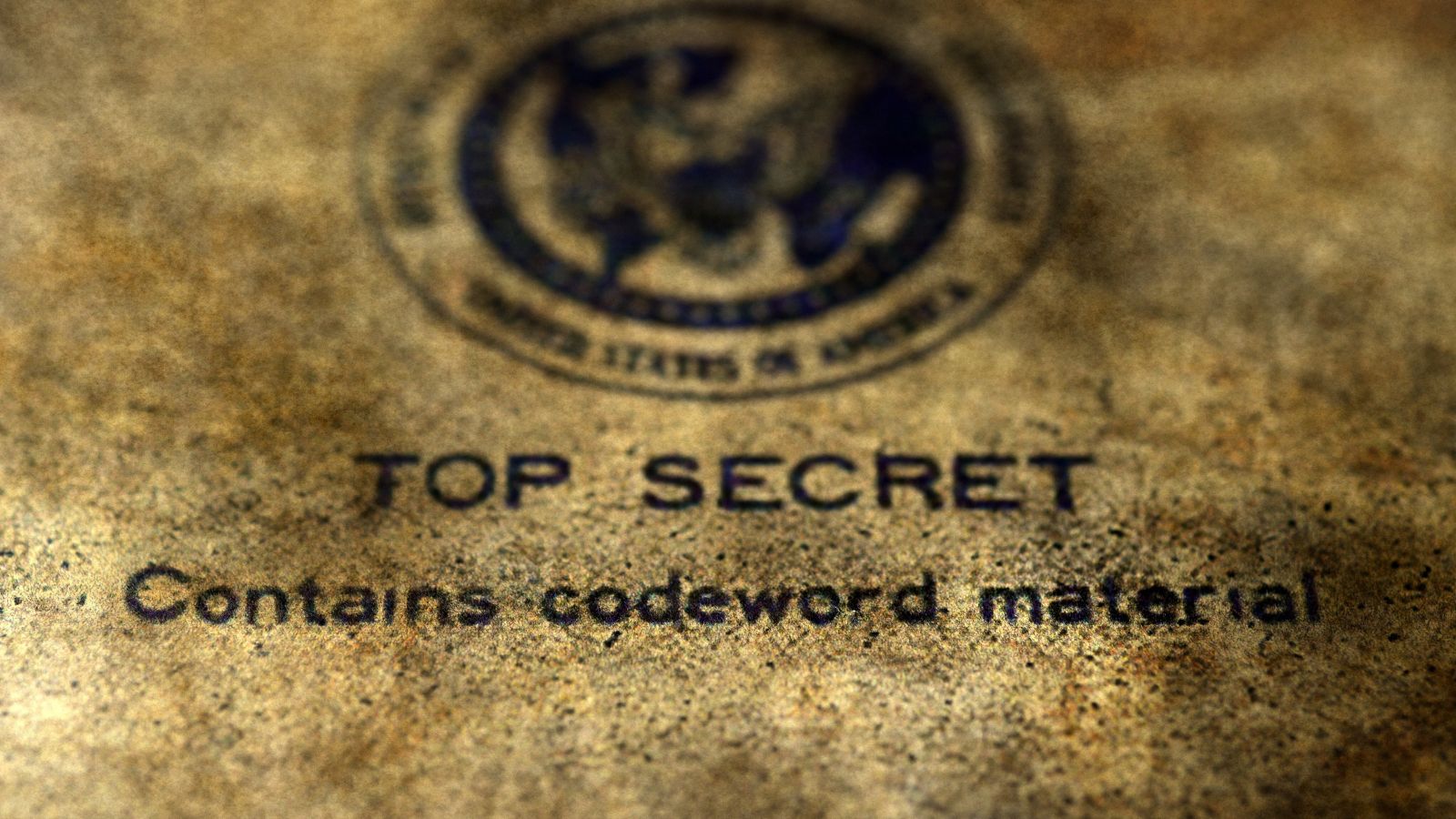
The monarchy has access to state secrets and classified information that is not available to the public or even other government officials. This privilege allows the monarch to be fully informed about national security matters, reinforcing their role as a figurehead of the state.
No Requirement for a Regular Job

Members of the royal family are not expected to hold down regular jobs, either. Their primary duties involve public service, charitable work, and representing the nation. This freedom from traditional employment obligations allows them to focus on their unique roles and responsibilities.
Sovereign Immunity from Being Sued
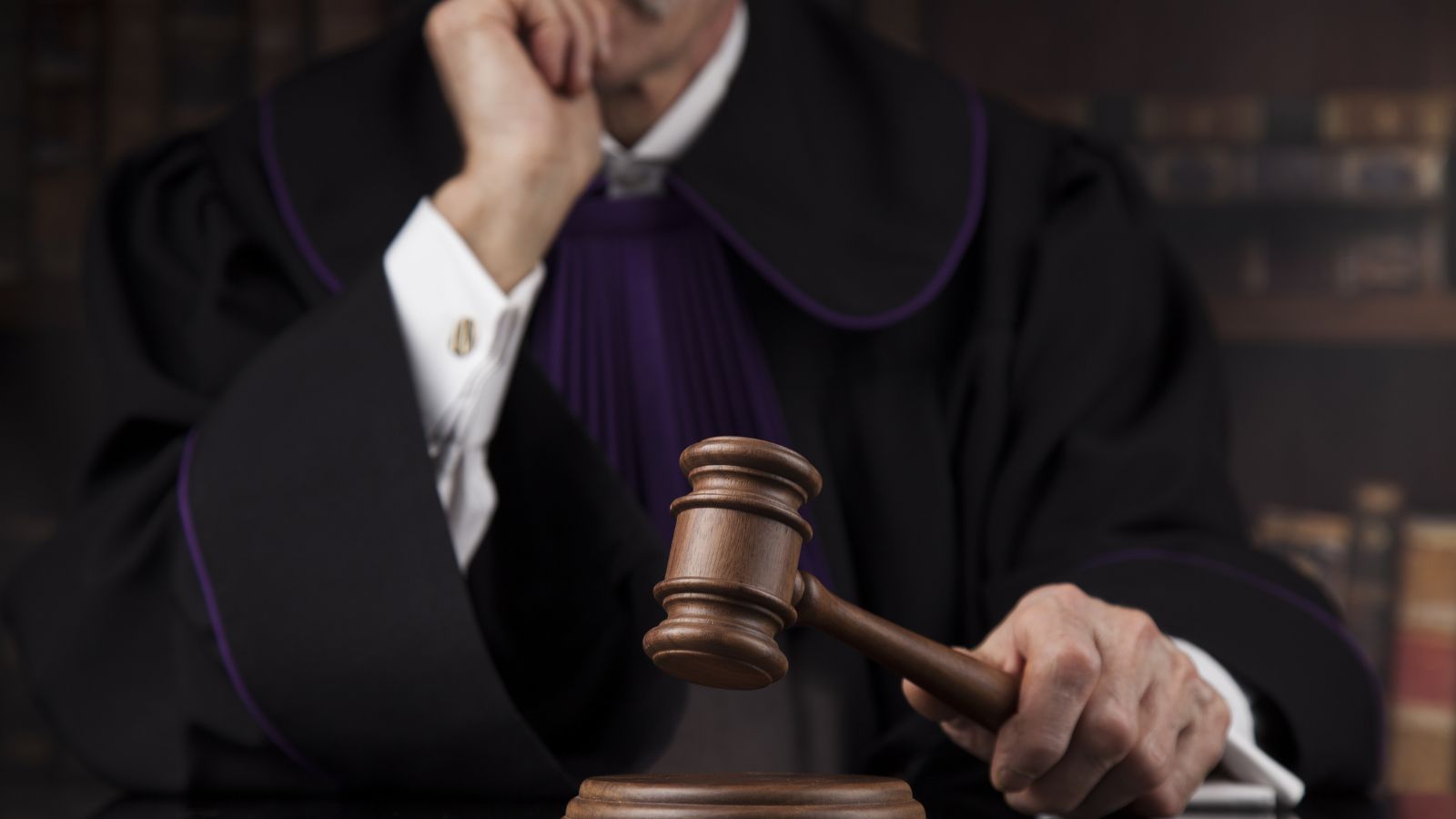
Beyond personal legal immunity, the monarch also enjoys sovereign immunity, protecting the institution from legal challenges. This means that the Crown, as a legal entity, cannot be sued or held liable in the same way as other organisations, safeguarding its operations.
Exemption from Speed Limits
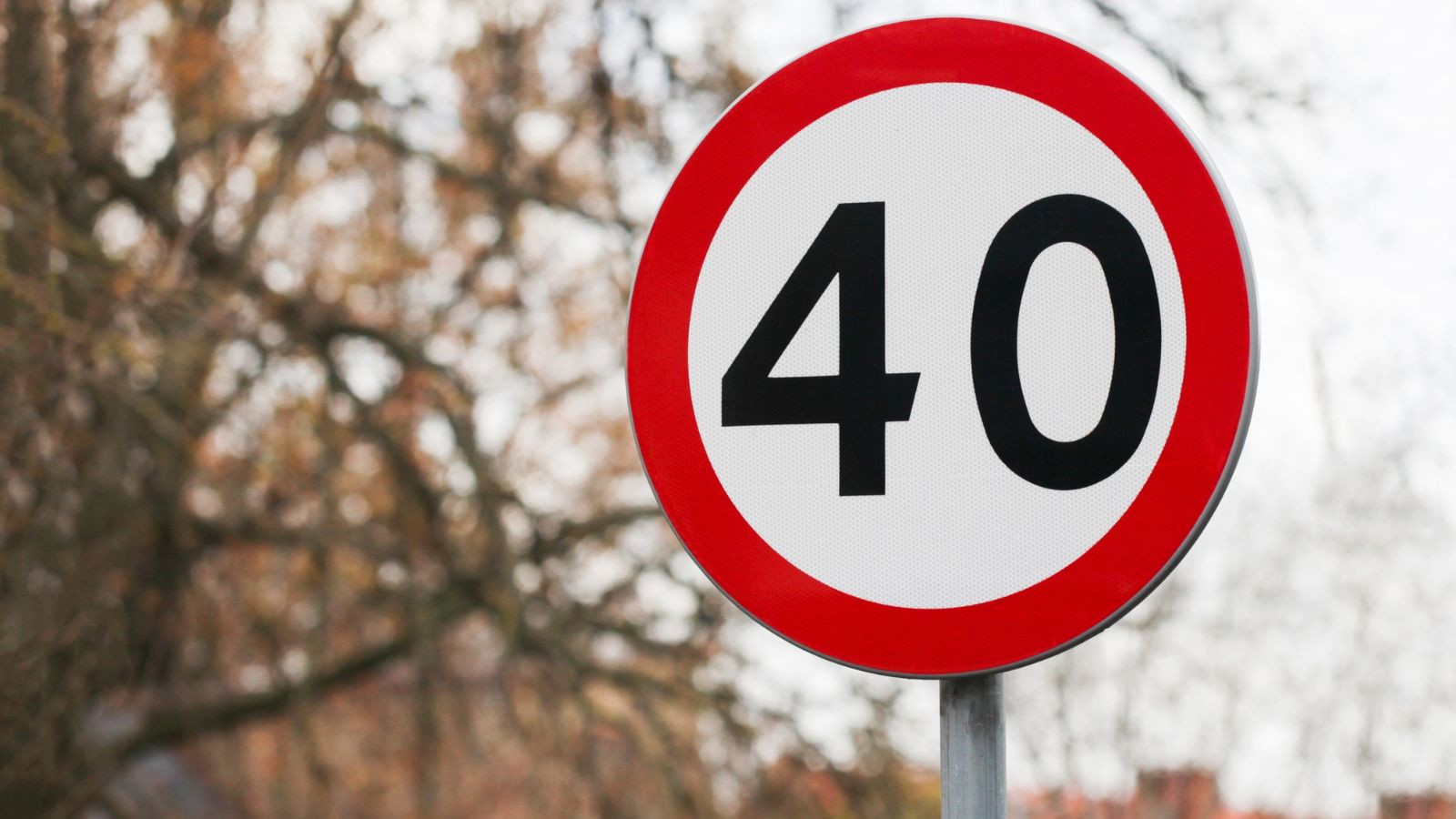
When on official business, the monarch’s vehicles are allowed to exceed speed limits, and this exception ensures that the royal family can travel swiftly and safely to fulfil their duties. They’re often accompanied by police escorts to manage traffic and ensure security.
Ownership of Treasures
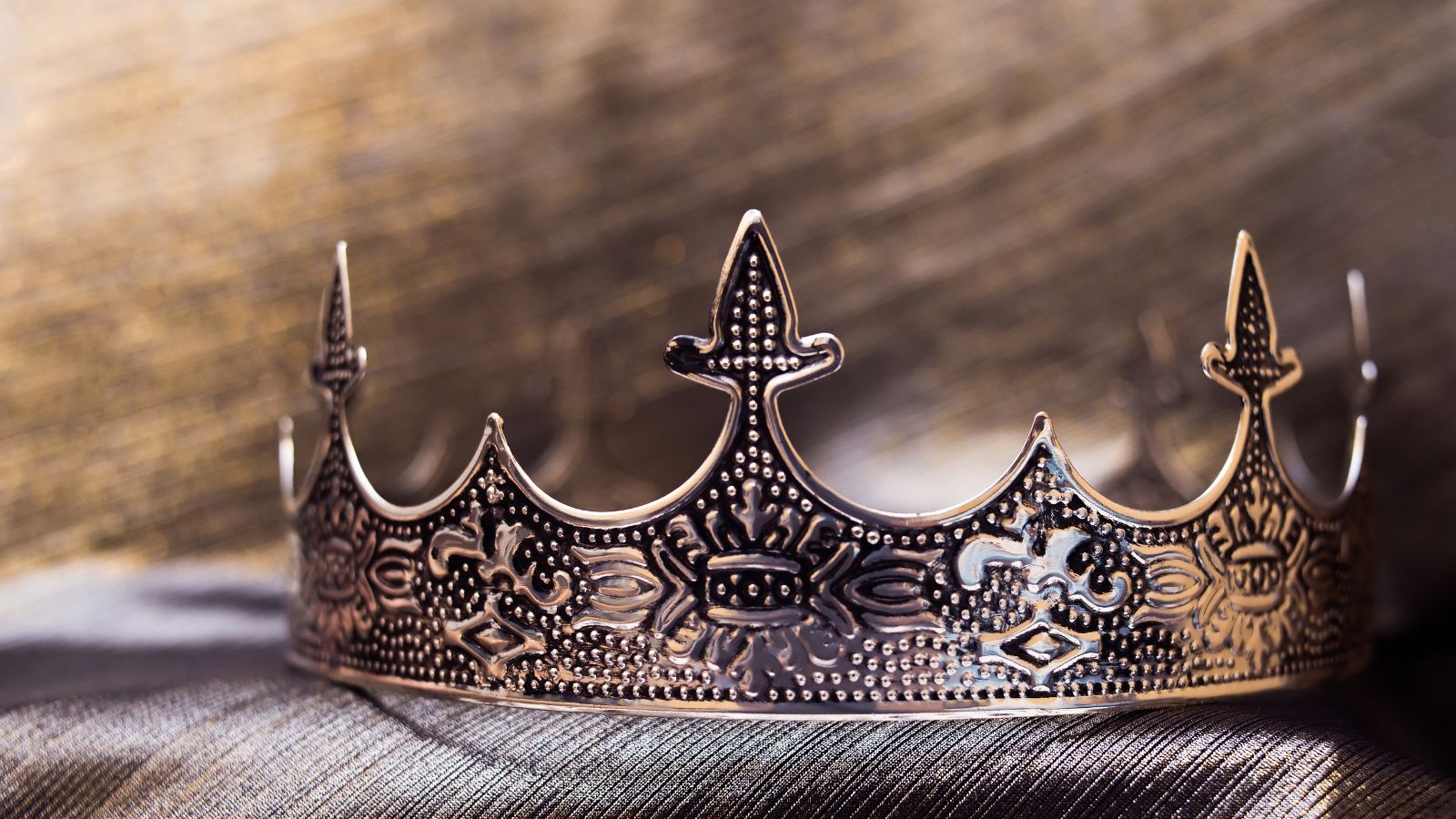
The Crown owns a vast array of national treasures, including the Crown Jewels and various historical artefacts. These items are not personal possessions but are held in trust for the nation, symbolising the enduring legacy and cultural heritage of the monarchy.
Right to Wage War
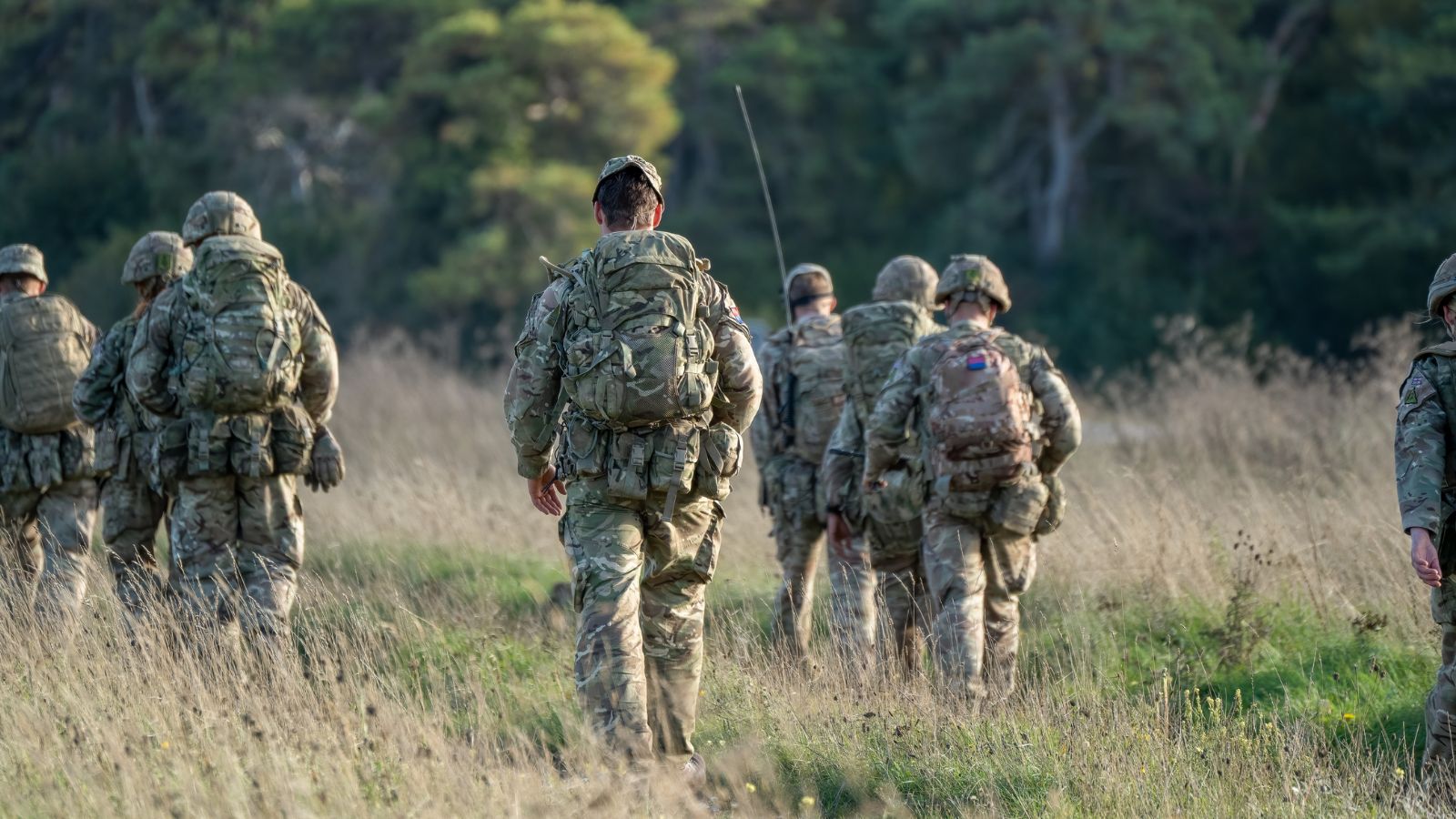
Technically, the monarch retains the prerogative to declare war and peace, although this power is exercised on the advice of the government. This ancient right underscores the historical role of the monarchy in national defence and foreign policy, even though it is now largely ceremonial.

